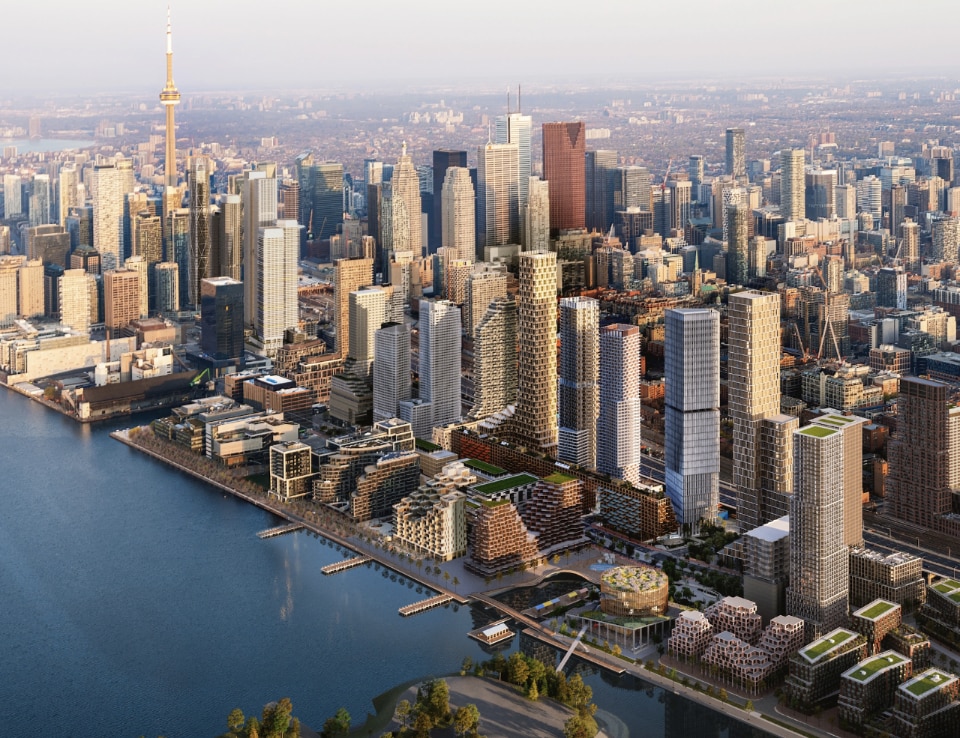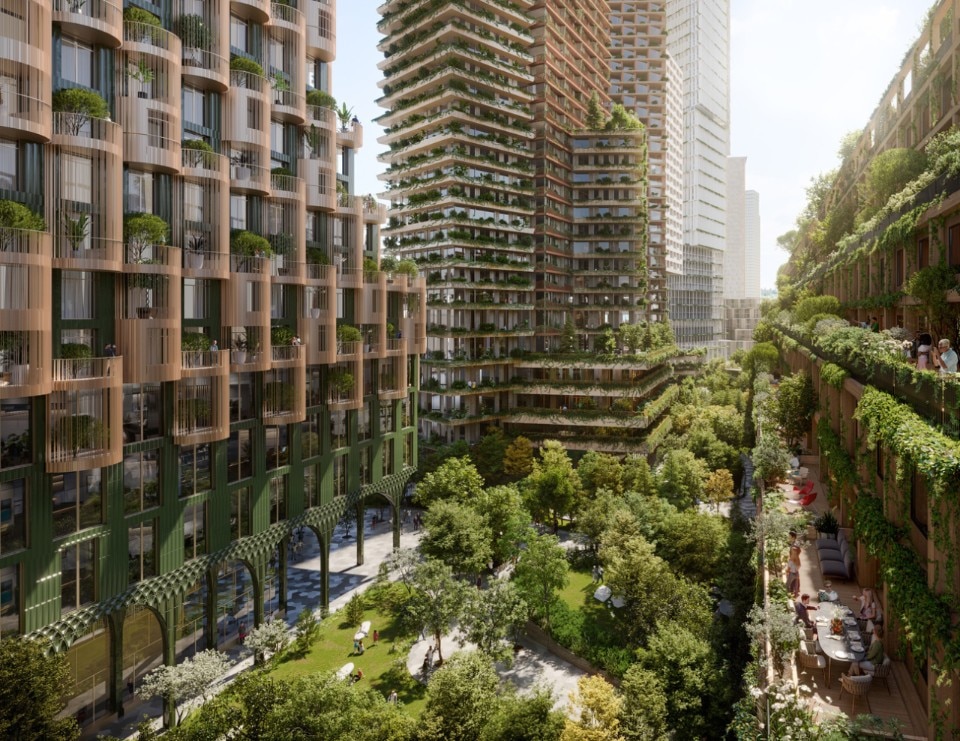Last February, Toronto unveiled a plan for redevelopment and development on the metropolis’ waterfront, with a program of 800 flats, a rooftop farm, and a two-acre forest. But for this same land, known as Quayside, a completely different transformation was planned only a few years ago. It was to be the place where Sidewalk Labs, the urban innovation arm of Alphabet, would demonstrate its vision of the smart city. Controversy over this plan arose immediately when in October 2017, Waterfront Toronto – the government agency overseeing the redevelopment of the waterfront – announced that Sidewalk had submitted the winning proposal.
Sidewalk’s utopia would have become the centerpiece of an optimized urban experience with robo-taxis, heated pavements, autonomous waste collection, and an extensive digital layer to monitor everything from street crossings to park benches. The endeavor could have become a new ‘western’ innovative city prototype, but after two and a half years, the planners have failed to make citizens understand why anyone would want to live there.
Had it been successful, Quayside could have been a proof of concept, establishing a new development model for cities worldwide. It could have demonstrated that the sensor-rich smart city model adopted in China and the Persian Gulf can find a place in more democratic societies. Instead, Sidewalk Labs’ two and a half years of struggle to build a neighborhood ‘from the internet up’ have failed to show why anyone would want to live there. It is certainly not the first time that citizens have rebelled against a new development model. Still, the strong objections to Sidewalk’s vision for Toronto were not about purely architectural and spatial aspects so much as the doubts stemmed from an apparent lack of seriousness about privacy issues.

In contrast, the new Waterfront Toronto project – renamed Quayside 2.0 – presents an extensive presence of greenery, with trees sprouting from every possible balcony and overhang, moving away from the technocratic utopia and towards a more bucolic-like shelter. The project team led by Alison Brooks, David Adjaye, Matthew Hickey, and the Danish studio Henning Larsen promotes the idea of a hybrid urban neighborhood of nature and the built environment.
This handover could mark the end of smart cities, perhaps the dominant paradigm in urban planning over the past two decades. The main problem for their difficult acceptance by citizens may be their emphasis on constantly optimizing everything, eradicating the concept of the unexpected, chaos, and elements that make metropolises wonderful to live in and, above all, human.


